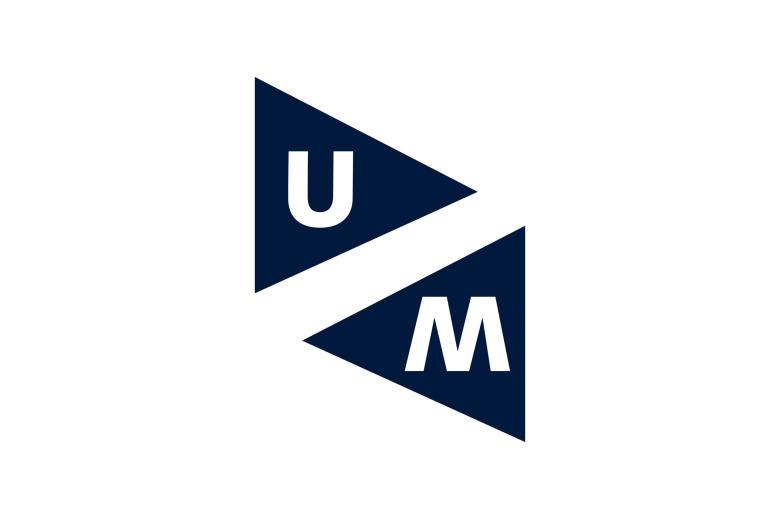UM continues cooperation with Tax Administration based on horizontal monitoring
Today, the new covenant 'continued horizontal monitoring' was signed by Maastricht University and the Dutch Tax Administration. The covenant is a derivative of the long-standing cooperation between the university as taxpayer and the Dutch Tax Administration. The aim being a confidential and transparent relationship in which the university carries out checks and shares them with the Tax Administration. The covenant has a term of three years.
Advance alignment
In horizontal monitoring, the Tax Administration relies on the company's processes and internal controls. Where necessary, alignment on current affairs takes place in advance, instead of checks after the fact. To enter into the covenant, the taxpayer must meet various conditions, such as having a tax risk analysis and monitoring plan. Within this framework, the Tax Administration assesses whether a demonstrable system of internal tax control and monitoring is in place, as a result of which acceptable tax returns are filed.
Cooperation based on trust
Maastricht University has met these conditions and thus complies with present-day requirements for horizontal monitoring set by the Tax Administration. The signing of the covenant marks the next step in a trust-based cooperation with the Tax Administration.
Maastricht University looks back on a pleasant meeting and remains committed to good cooperation and investment in horizontal monitoring.

Also read
-
Maastricht University ranked #3 worldwide and #1 in Europe in 2025 Better World MBA Ranking
We are incredibly proud to share that the MBA programmes of Maastricht University School of Business and Economics’ executive branches, MSM and UMIO, have once again been recognised among the very best sustainable business MBA programmes worldwide. In the 2025 Better World MBA Ranking by Corporate...
-

-
UM seeks new balance between the university and student associations
Maastricht University is suspending its relationship with student associations Tragos and Circumflex until further notice. Discussions with the boards of these associations have revealed that agreements outlined in the Code of Conduct have not been upheld. Experience from recent years shows that these...